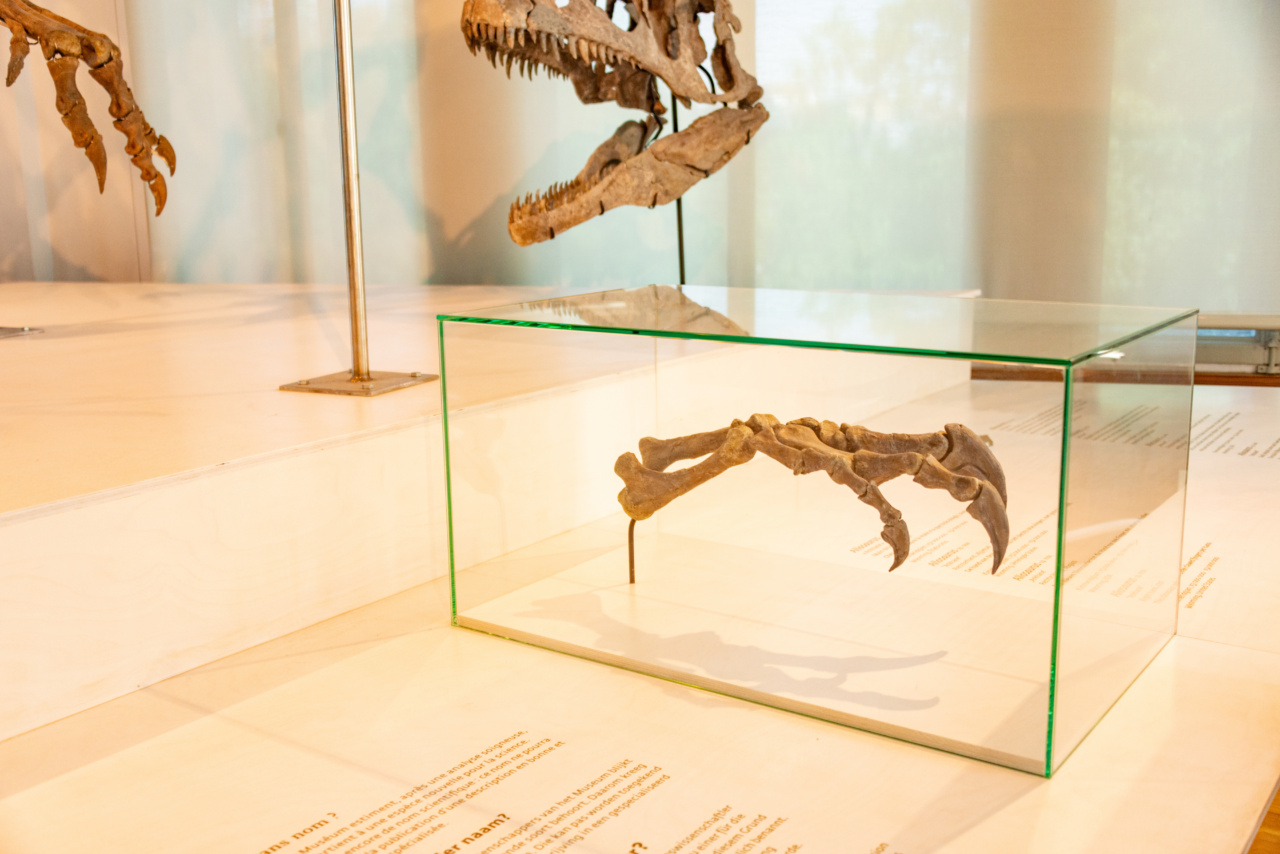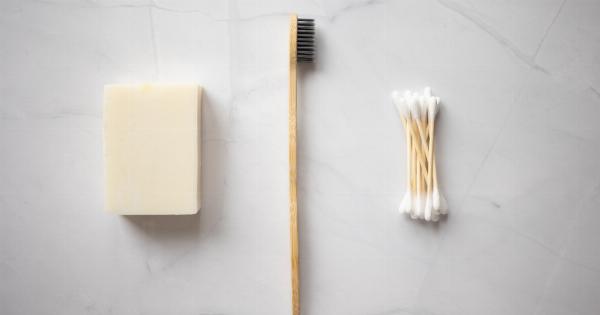Everyone has different habits when it comes to oral care, and one common habit is tooth rubbing. Tooth rubbing is the act of rubbing your teeth with your fingers or using abrasive substances to clean your teeth.
While some people believe that tooth rubbing can help remove stains and plaque, others argue that it may be harmful to tooth enamel and gums. In this article, we will investigate the effects of tooth rubbing and explore whether it is truly harmful or not.
Understanding Tooth Enamel
Tooth enamel is the outermost layer of our teeth, serving as a protective shield against bacteria, acids, and physical damage. It is the hardest tissue in our body, even harder than our bones.
However, despite its strength, tooth enamel can still be susceptible to erosion and damage.
The Role of Tooth Enamel
Tooth enamel plays a vital role in maintaining oral health. Its smooth surface helps prevent stains, carries, and bacteria from adhering to the teeth.
Additionally, enamel insulates the teeth from temperature changes, avoiding discomfort while eating or drinking hot or cold items.
Possible Effects of Tooth Rubbing
While tooth rubbing may seem harmless, it can potentially have negative effects on tooth enamel and gum health if done incorrectly or excessively.
Excessive Abrasion
One of the concerns with tooth rubbing is the potential for excessive abrasion. Abrasive substances, such as baking soda or activated charcoal, can wear away the tooth enamel over time.
This can lead to tooth sensitivity, increased risk of cavities, and an overall weakened tooth structure.
Gum Irritation
In addition to enamel erosion, tooth rubbing can also cause gum irritation. Vigorous rubbing or the use of rough materials can damage the delicate gum tissue, leading to inflammation, bleeding, and potential gum recession.
Alternatives to Tooth Rubbing
It is important to note that tooth rubbing is not the only way to maintain good oral hygiene. There are alternative methods that can effectively clean your teeth without the risk of enamel erosion or gum irritation.
Brushing with a Soft-Bristled Toothbrush
Using a soft-bristled toothbrush is recommended by dentists to protect tooth enamel and gums. The gentle bristles effectively remove plaque and debris without causing damage.
It is crucial to brush your teeth twice a day, in the morning and before bedtime.
Flossing and Mouthwash
In addition to brushing, flossing and using mouthwash are essential steps in a comprehensive oral care routine. Flossing helps remove food particles and plaque from between the teeth, while mouthwash can kill bacteria and freshen your breath.
Regular Dental Check-Ups
To ensure optimal oral health, regular dental check-ups are crucial. Dentists can identify any early signs of enamel erosion or gum irritation and provide appropriate treatment or guidance to prevent further damage.
Conclusion
While tooth rubbing may seem like a harmless practice to maintain oral hygiene, it can potentially have detrimental effects on tooth enamel and gum health. Excessive abrasion can weaken the enamel, leading to sensitivity and increased risk of cavities.
Additionally, rough rubbing or the use of abrasive substances can irritate and damage the gums. It is crucial to adopt alternative methods, such as brushing with a soft-bristled toothbrush, flossing, and using mouthwash, to protect your teeth and gums effectively.
Regular dental check-ups are also essential for maintaining optimal oral health and catching any potential issues early on. By being mindful of our oral care practices, we can ensure long-term dental health.





























